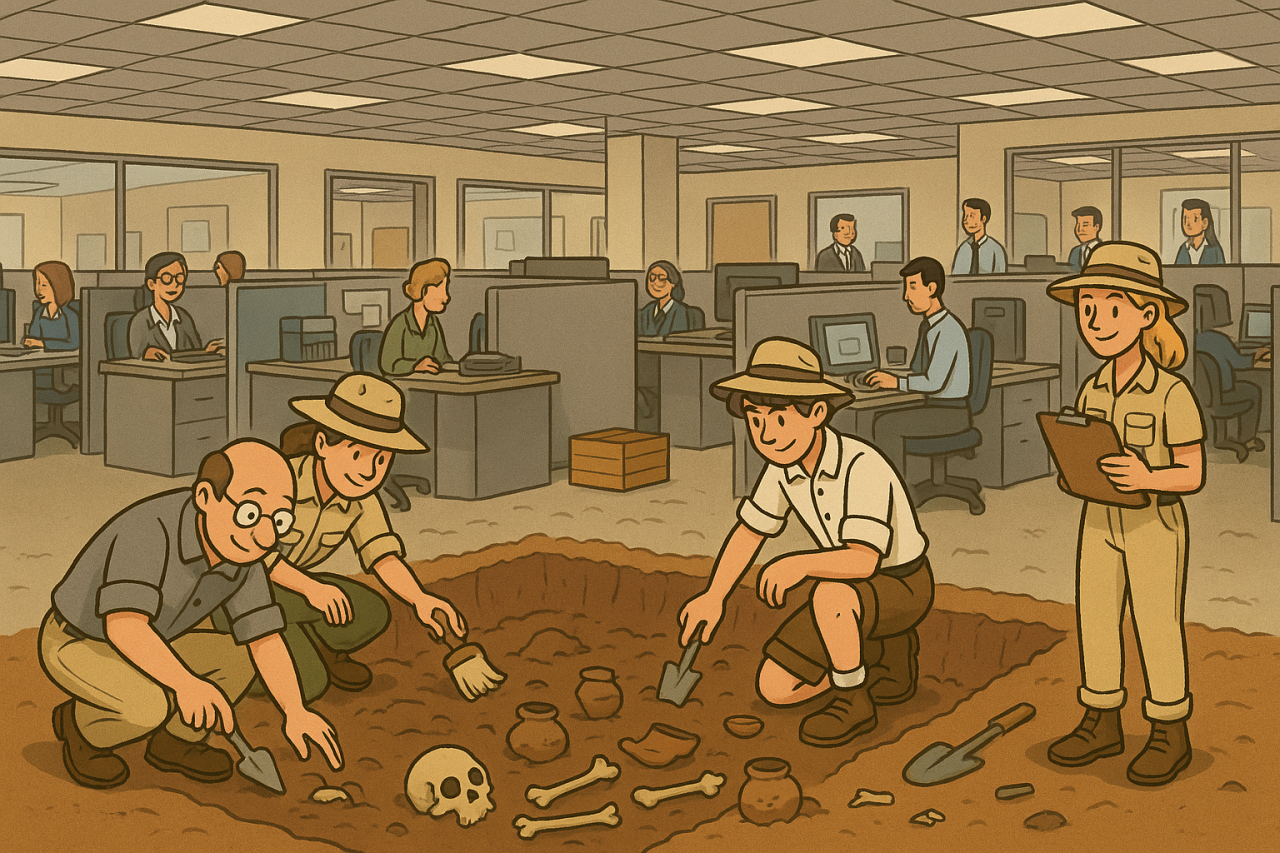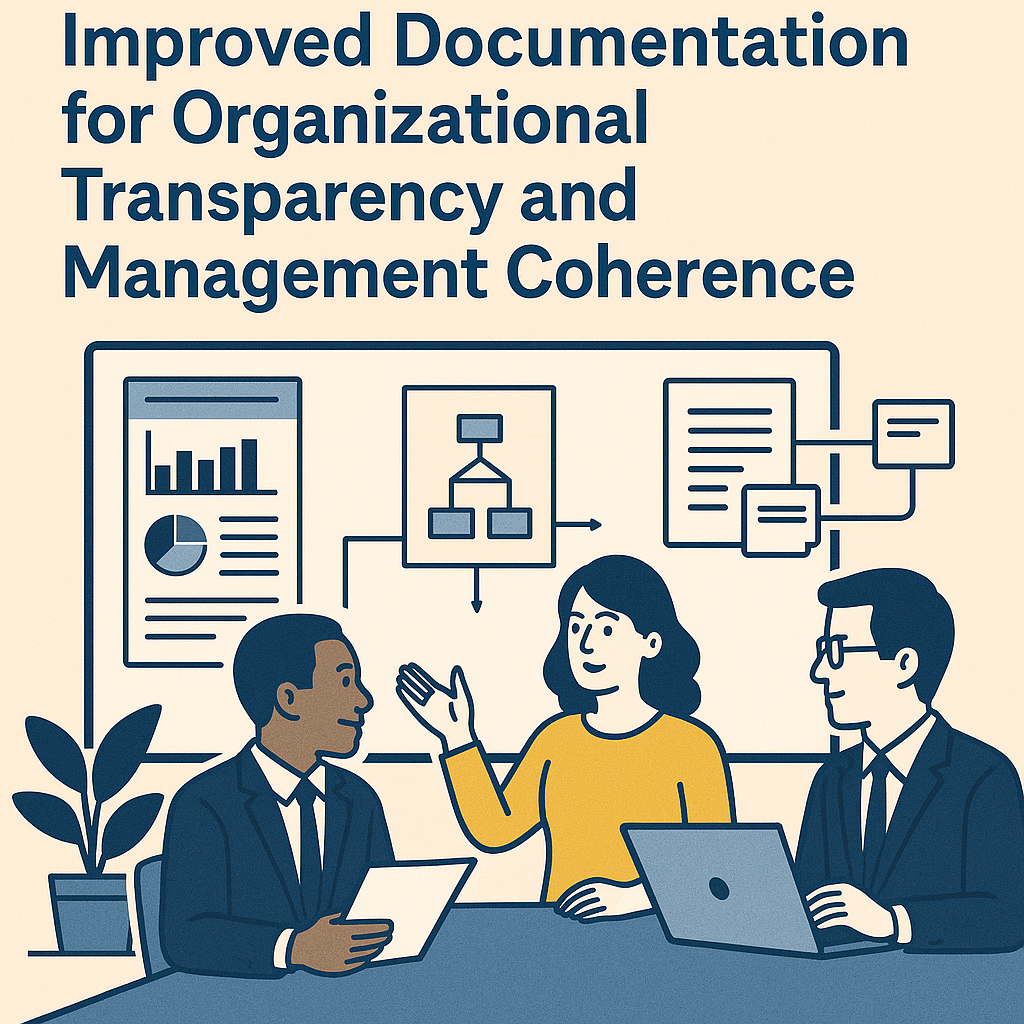Enterprise Architecture delivers its greatest value when it is understood and used as a decision support system rather than as a documentation or modeling exercise. In this framing, architecture exists to help leaders make better enterprise decisions in pursuit of defined outcomes. Models themselves are not the product. Decision insight is the product.
At its core, Enterprise Architecture translates complexity into clarity. Modern enterprises are systems of interdependent capabilities, processes, technologies, data, and people. Decisions in one area inevitably affect others, often in ways that are not immediately visible. Enterprise Architecture provides a structured representation of this system, enabling leaders to understand the enterprise-wide implications before committing resources or direction.



















